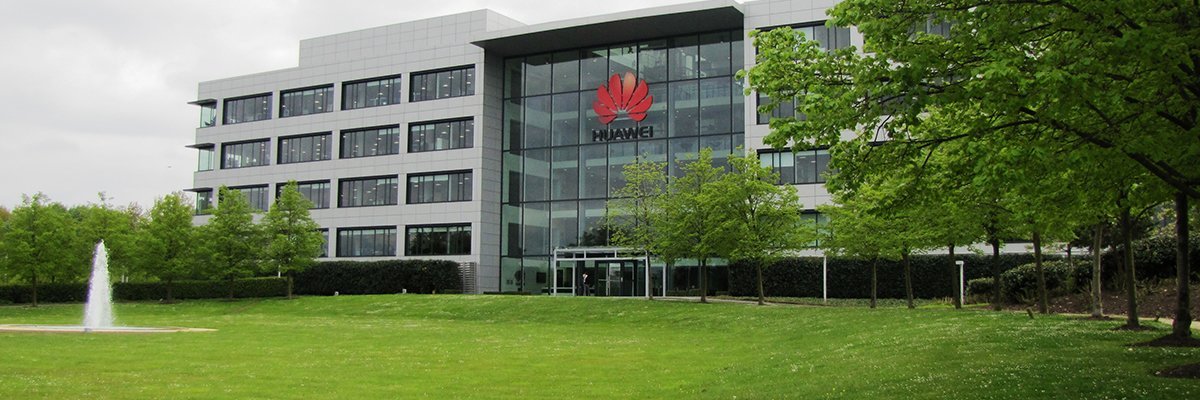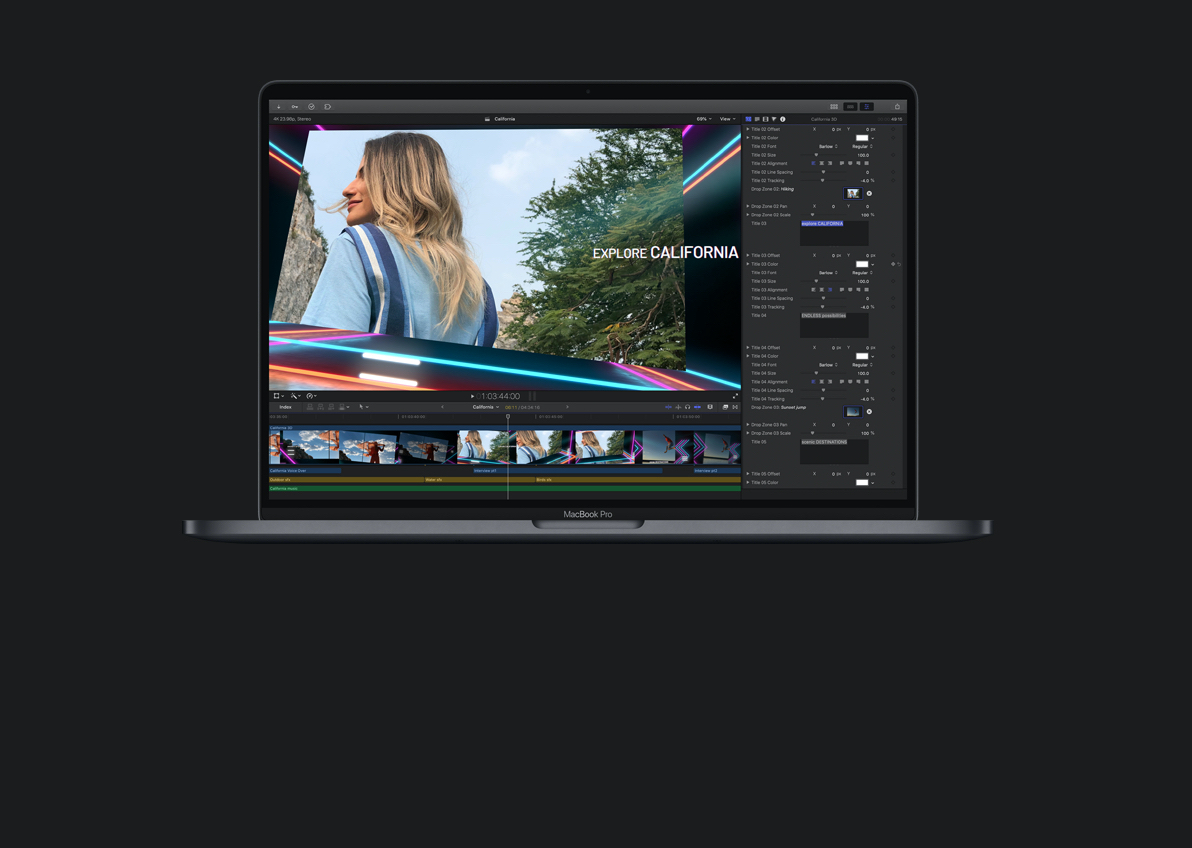I remember a discussion I had with a senior manager at AXA Investment Managers (AXA IM) right at the beginning of what in France has been termed the “confinement” – or “lockdown” in the UK.
“Do you realise,” he asked me, “that, right now, your team has the most responsibility in the company for our making it through this crisis? It’s not the asset managers or the traders – everything is in your hands. If you can’t guarantee a decent level of support for users, and fix all the issues in front of them, the company is really in trouble.”
It was quite a statement, but it was easy to see why it was true. Almost overnight, we had gone from being a ‘traditional business”, with HQs, offices, commutes, meeting rooms, and so on, to a highly dispersed one. In the Paris area alone, AXA IM had about 1,500 people working from home. That’s 1,500 independent offices for IT to worry about.
Our ultimate aim was to guarantee the experience of all those remote users – from the quality of internet access, to the reliability and speed of the applications they were using. As long as they were able to keep working and be productive, the company could continue to exist.
No substitute for experience
In new research from Vanson Bourne, senior IT leaders from the UK and US report that digital employee experience has become an essential or high priority to 79% today, compared with 49% 12 months ago.
The significant uptick makes sense – the more dispersed, remote or flexible your workforce, the more obviously important users’ digital experience is to an organisation’s productivity and bottom line. If you are outside the office, your entire professional experience is mediated through, and dependent upon, technology.
Fortunately, we already had the right tools and approach in place to make this dramatic transition work.
Until a couple of years ago, IT support at AXA IM was quite reactive – when someone reported an issue, we had to simply respond as quickly and effectively as possible. What we have since implemented, though, was a digital experience management platform, Nexthink, which allowed us to be much more proactive – with dashboards providing key insights and notifications into our user estate, and the ability to anticipate and fix issues before they become a problem.
This investment and approach paid dividends when we found ourselves having to adapt to 100% remote working almost overnight in the early months of the year.
The requests and incidents for home workers have been totally different from those we would manage on-premise. The main challenge at the outset was to guarantee the quality of the LAN and the network – after that, to guarantee users’ experience. One priority here was to simplify the actions of users, and to promote tools such as Zoom, WebEx and Teams.
The proactive capability we had instituted enabled us to observe different behaviours and data from our machines, this time getting in front of remote workers’ issues. For instance, we observed that the shutdown buttons on our laptop estate were only triggering hibernation – so we quickly pushed a script to every laptop across the world to correct the issue, before the consequences of this could affect user experience.
Nexthink has enabled our IT teams to be more proactive. In fact, as a result of the monitoring platform, we have created a dedicated brand for proactive IT support within the company called Precogs. Now our IT teams are going to users to inform them of any application or latency issues and telling them how they plan to fix it. This saves staff time and improves their digital employee experience.
Within just a couple of months of the confinement, we could genuinely say that the company had not only continued to operate, but was functioning well. Employees were very happy with the quality of their experience, their workstation and their laptops, latency was low, and network and the internet access were very good.
We can say with confidence that remote working has been a great success – and our commitment to experience has been a big part of this.
This matters in the medium term as much as it does right now. The future of the workplace remains uncertain, and the capacity to support a more flexible workforce matters just as much going forward as it has supporting an exclusively remote one in the recent past.
We know we are ready to ensure employees have a great experience wherever they are working from.
Christophe Verducci is head of proximity services at AXA IM.












